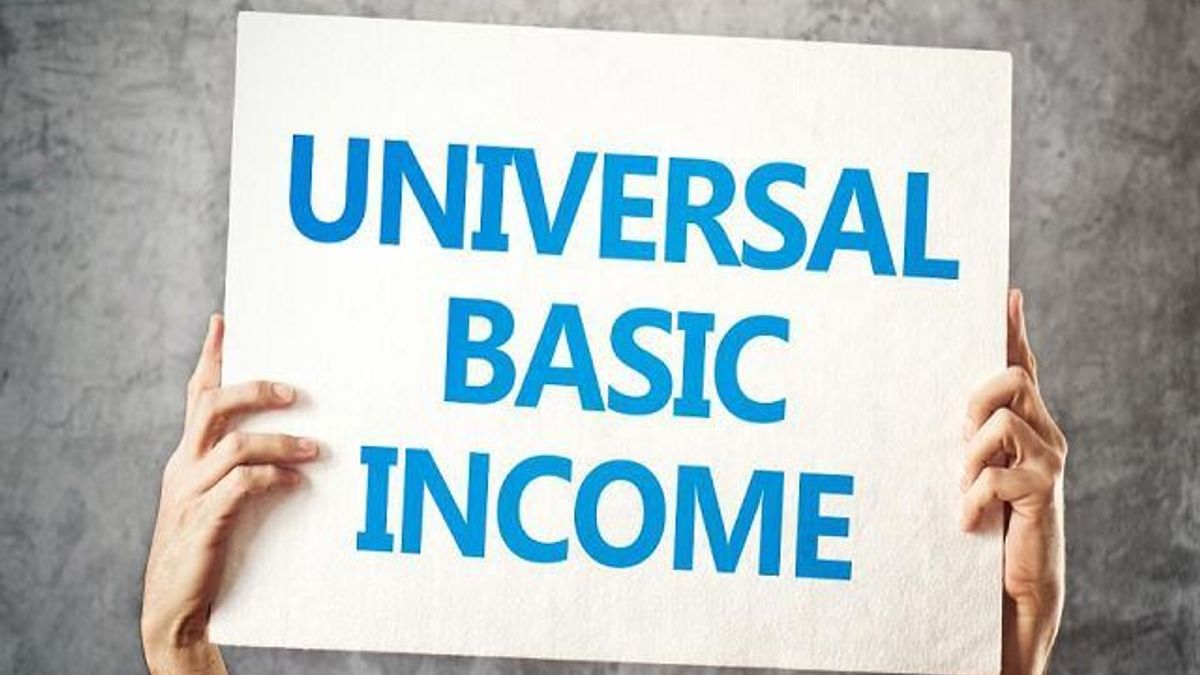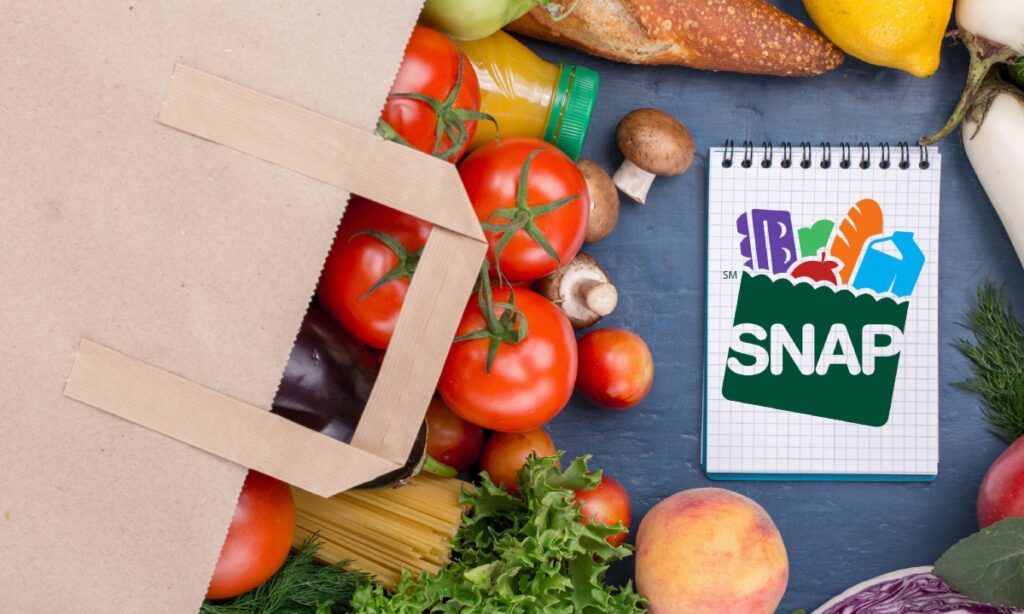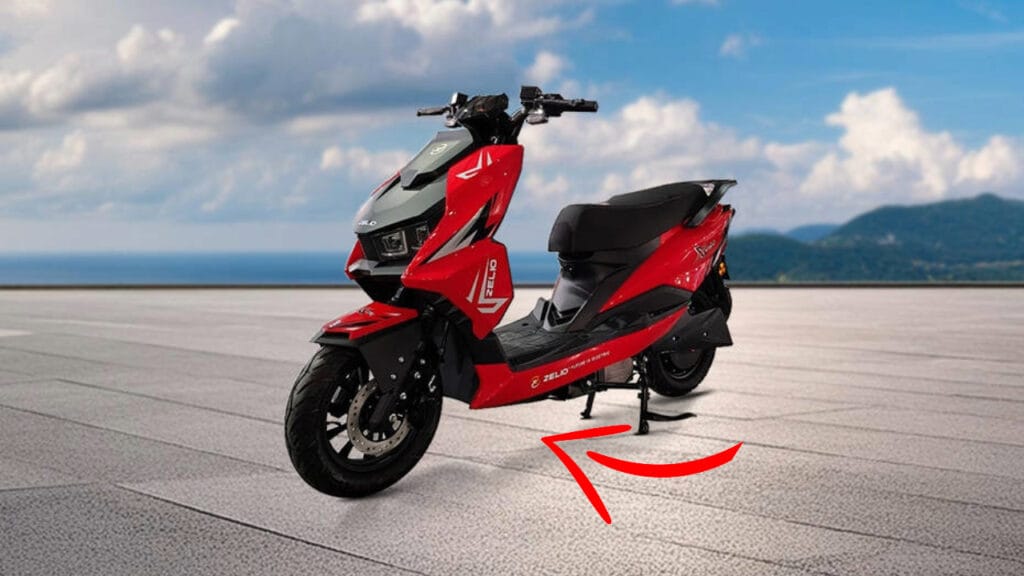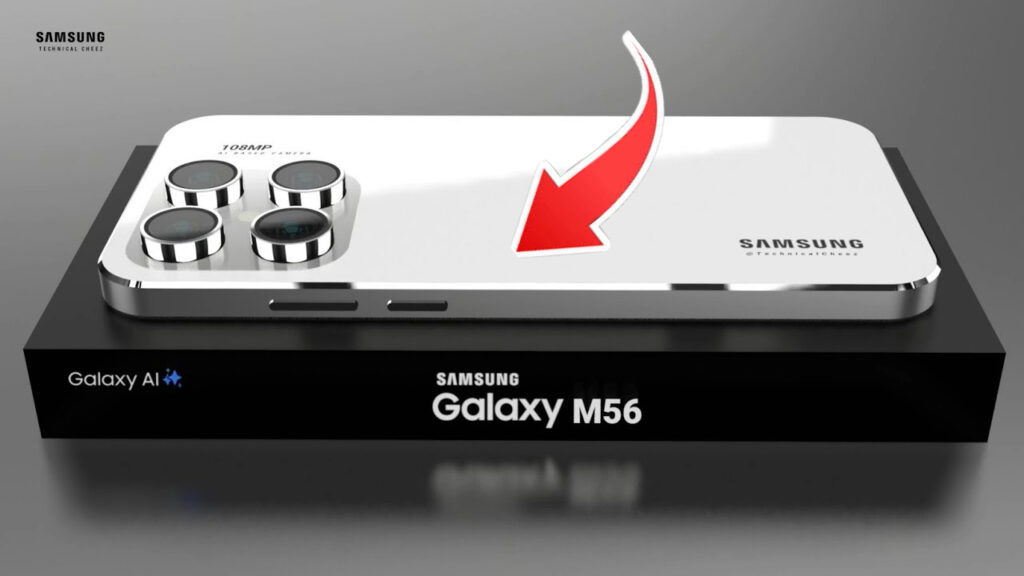Basic universal income : A shocking statistic reveals that 63% of Americans live paycheck to paycheck in 2024.
Universal basic income programs have gained momentum throughout the United States. These programs offer regular cash payments without conditions to eligible citizens. The money helps people meet their simple needs and build financial stability.
The qualification process for universal basic income might seem daunting. You need to think about many factors – income thresholds, residency requirements, and other criteria to apply for these programs in 2024.
We created this detailed guide to help you. You’ll find everything about qualifying for universal basic income here. The guide covers eligibility criteria and shows you how to submit your application the right way.
Want to know if you qualify for universal basic income in 2024? Let’s take a closer look!
Understanding UBI Qualification Requirements

Here are the requirements you need to qualify for simple universal income programs in 2024. Each location has different criteria, but these are the most common eligibility factors you should know about.
Income Requirements UBI programs target individuals and families with lower incomes. Many initiatives set specific household earning thresholds:
- Single person: Up to $26,973
- Family of four: Up to $55,500
- Family of eight: Up to $93,536
Residency Status The program’s location determines your residency requirements. Cities and states usually need you to live there for at least one year before you can apply. The Alaska Permanent Fund serves as a good example – it provides annual payments averaging $1,600 to qualified residents.
Age and Other Criteria Applicants must be 18 years old or older to qualify. Programs might ask for additional qualifications like having dependent children or proof of economic hardship. Recent data shows that 55% of current GBI recipients earned under $19,999 last year.
Note that household size affects eligibility significantly. Larger families can qualify with higher income thresholds. Each additional family member beyond eight people increases the threshold by approximately $4,540.
Traditional UBI aims to be universal, but current U.S. programs mostly target specific communities or demographics.
Required Documentation for UBI Application
The right documentation plays a vital role in your simple universal income application process. Let me walk you through the paperwork you need to gather.
You need proof of your identity and residency first. Here are the acceptable forms of government-issued photo ID:
- Driver’s license
- Valid passport
- State-issued identification card
- Military identification card
- Resident alien card
Your income verification requires documents from the last 30-60 days. Recent pay stubs, proof of unemployment, or verification of government benefits typically work. Self-employed applicants need to provide income tax returns from the most recent tax year.
Your residence verification needs one of these documents dated within the last 60 days: a utility bill, current lease agreement, or official government correspondence addressed to you. Students must provide current registration documentation or a recent report card to verify enrollment.
People who receive government assistance need verification letters for programs like WIC, SNAP, or current SSI/SSD award letters. Note that your documentation must be clear, complete, and show all four corners of the document.
Document collection might seem daunting, but we’ve made our process simple. Most programs now let you upload digital copies of documents through smartphones or tablets, which makes applying much easier.
Step-by-Step Application Process
Let me walk you through the actual application process for simple universal income programs after you’ve gathered your documents.
These steps will help you apply:
- Original Application Submission The online screening tool takes about 10 minutes to complete. Electronic certification comes with a save-and-return feature that makes access easy.
- Complete Detailed Survey The next step needs you to complete a detailed survey about your demographic background, mental, physical, and financial health. This takes about an hour.
- Documentation Upload The online portal accepts your verification documents. Most programs distribute funds through prepaid debit cards if you don’t have a bank account.
- Wait for Selection The selection process works like a blind drawing. Your application timing doesn’t affect selection chances during the open enrollment period.
Selected candidates receive notification through:
- Email notification
- Text message
- Direct phone call from program coordinators
Benefits coordination often raises questions. One-on-one benefits counseling sessions are a great way to get clarity about how UBI payments might affect your current government assistance. Counselors help you make informed decisions if participation could affect your existing benefits.
Note that monthly payments range from $500 to $1,200 based on the program. Program duration varies from 12 months to 24 months or longer.
Conclusion
Simple universal income programs are a great way to get financial support for millions of Americans who struggle with rising living costs. A complete guide to program qualification covers everything from income requirements to document gathering and proper application submission.
Your UBI application’s success depends on preparation and detail focus. You must meet all eligibility criteria, collect required documents beforehand, and finish each application step properly. Note that selection processes happen randomly, but proper documentation and accurate information remain crucial to consider.
These programs can bring real financial stability to your family’s life. The application process might look complex initially, but this piece makes it manageable. Track your area’s application deadlines, get your documentation ready early, and contact program coordinators when you need clarity on specific requirements.
FAQs
Q1. What are the basic eligibility criteria for Universal Basic Income (UBI) in 2024? To qualify for UBI in 2024, you typically need to be at least 18 years old, meet specific income thresholds based on household size, and be a resident of the area where the program operates. Income limits vary, but generally target lower-income individuals and families.
Q2. How do I apply for a Universal Basic Income program? The application process usually involves completing an online screening tool, filling out a detailed survey about your background and financial situation, uploading required documentation, and waiting for selection. Most programs use a random selection process, similar to a blind drawing.
Q3. What documents do I need to apply for UBI? You’ll need to provide government-issued photo ID, proof of income (such as pay stubs or tax returns), residency verification (like a utility bill or lease agreement), and potentially documentation of any government assistance you receive. All documents should be recent and clearly legible.
Q4. How much money can I expect to receive from a UBI program? Monthly payments from UBI programs typically range from $500 to $1,200, depending on the specific initiative. Program durations can vary from 12 months to 24 months or longer.
Q5. Will receiving UBI affect my other government benefits? It might. Most UBI programs offer one-on-one benefits counseling to discuss how payments could impact your current government assistance. If participation could negatively affect your existing benefits, counselors will help you make an informed decision about proceeding with the UBI program.





